The Negotiables You Need to Know Before You Negotiate
When you're trying to close on a major deal, you can expect contract negotiations to get intense. The last thing you want is to lose your footing and make concessions that are ultimately bad for your business. Clearly defining your negotiables gives you a solid foundation to stand on when tensions run high.
Keeping the Basic Mechanics of a Negotiation in Mind
Every contract has its own key details, but ultimately, every agreement comes down to risks and rewards. Rewards normally take the form of revenues. As a seller, you want to make as much as possible from the sale. The buyer hopes the acquisition will give them a positive return on investment. Both of you want to reduce risk as much as possible. For the seller, this means not taking a financial loss for the sale, and for the buyer, this translates to not overpaying.
Setting Your Key Negotiables
Use this quick checklist to define your negotiables before you face the other party:
-
Break-even price. Having a clear picture of your costs is vital to setting a price. If you don't know how much it will cost you to do a deal or how much money you've put into an asset, you open yourself up to potential losses.
-
The value. Conduct market research or order an appraisal to determine the value of your asset, product, or service.
-
Desired price. Using the info from the first two steps, come up with a price that is in line with value and able to give you a rewarding profit.
-
Reserve price. Determine the absolute lowest price that you're willing to accept. Unless you positively need to sell, your reserve price should be greater than your break-even.
-
Opening price. Set an opening price above your desired price to give yourself room to negotiate.
Emphasizing the Revenue Potential To Get Your Optimal Price
As you negotiate, keep in mind that your buyer is trying to avoid loss and increase revenues as much as possible. Before you begin to discuss the details of the contract, take time to establish the value of what you're offering. Remember that the buyer is likely considering other deals that may cost less than yours. Clearly illustrating the benefits of your deal can help convince the other party that the potential revenues far outweigh the risk of paying more.
Details Matter
The details of the contract you present can mean the difference between getting your desired price or settling for your reserve. Clearly communicating the details of the deal is key. After all, the other party may hesitate to sign if they feel the text is vague or misleading. Even the format of the contract matters, as your negotiating partner may not trust you if the contract doesn't seem professional. This is true of electronic documents as well as paper contracts. Be sure to merge PDF to ensure that paperless docs look impressive.
Enter Talks Well Prepared to Negotiate From a Place of Strength
Having a clear dollar amount set for each of the negotiables outlined above gives you an advantage during negotiations.
Become a member of your local chamber of commerce to build your credibility and reputation to further strengthen your position when negotiating in the future.
This Hot Deal is promoted by North Tampa Bay Chamber.

